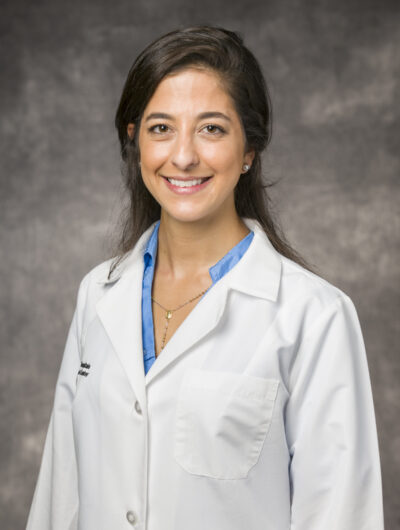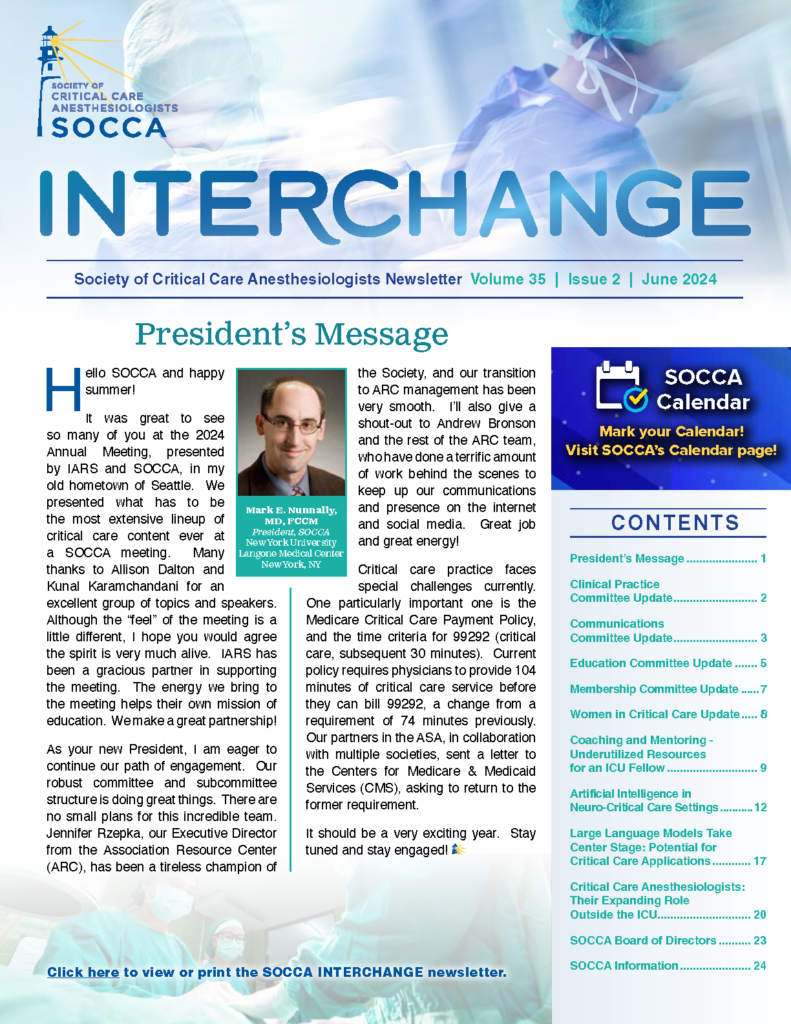ICU Bootcamp: A New Spin
Despite the fact that incoming senior residents have had experience in the intensive care unit (ICU) as interns, they may have insufficient skills for advanced level care processing. In order to address this gap we initiated a three day “ICU Boot Camp,” delivered at the end of PGY-2 year. The purpose of the curriculum is to equip junior residents with the foundational knowledge and skills required to transition efficiently into the senior resident role. Additionally, this training increases resident confidence and sets expectations for faculty regarding the starting performance level of the newly minted senior. The curriculum covers commonly encountered clinical scenarios, diagnoses, treatments, monitors and devices in a systematic manner.
Despite a large shift in medical education towards problem-based learning and simulation, there is a paucity of data regarding the effectiveness of a critical care bootcamp in the adult ICU. A MedEdPORTAL search identified a Neonatal Intensive Care Unit Boot Camp: A Preparatory Curriculum for Pediatric Residents resulting in “very useful” and “extremely useful” responses from trainees at the Louisiana State University Health and Sciences Center New Orleans.1 Additionally, the study elucidated that “participation in boot camp enhanced residents’ readiness and confidence for patient care.” Further searches in PubMed similarly produce results for pediatric critical care; however, adult literature focuses on advanced practice providers2, geriatrics3, mechanical ventilation4, trauma5, and procedural skill and complications6. The content of this bootcamp not only benefits our trainees but also can serve as a platform for critical care education at other institutions.
The curriculum integrates into the existing protected weekly didactic sessions with related sub-groups of topics given on the same day. Covered subject areas are shown chronologically in the figure below:

Supplemental reading for the course includes suggested book chapters from The ICU Book (by Paul L. Marino) in addition to assigned landmark journal articles citing many of the common evidence-based practices in the intensive care unit.
As depicted above, an entire half day of education is committed to hands on device training. Conducted by our critical care faculty and industry representatives, these sessions introduce residents to the most commonly encountered mechanical support devices in our ICU. These include intra-aortic balloon pumps, percutaneous heart pump technologies such as Impella and Centrimag, left ventricular assist devices and extracorporeal membrane oxygenation, among others.

Figure 2
To enhance the delivery of this curriculum, we integrated active learning approaches including simulation and interactive problem-based learning sessions. We inform curricular improvements by yearly resident surveys and real time feedback. We also conduct pre- and post- boot camp examinations to test knowledge fund, as well as subjectively measure perceived rotation readiness with a separate Likert scale survey. Preliminary data is favorable in terms of resident engagement, knowledge fund and perceived rotation readiness. Examples of resident feedback include:
"I can’t stress how valuable this day was for us. It has eliminated a majority of the stress I felt about becoming a senior on the unit.”
“Critical care medicine is inherently complex and—even with multiple rotations through the ICU—the thread connecting diagnosis, an understanding of pathophysiology, and treatment is sometimes difficult to fully understand. ICU bootcamp lets residents sit down and mull over these concepts with their attendings in a relaxed setting prior to starting their junior rotations. It gives us a leg up upon entering the unit, takes away some of the anxiety, and after some time experiencing what we learn in action it lets us see what critical care medicine is: fun.”
Future direction includes expanding the simulation component with bronchoscopy, chest tube placement, and additional mock code scenarios. Additionally, we will present our findings in national venues to stimulate discussion around engaging teaching methodologies aimed at helping residents increase their confidence and quickly climb the learning curve in the intensive care unit. ICU Boot Camp shows our residents that all complexity can be simplified!
References
- JW Surcouf MD, et al. Neonatal Intensive Care Unit Boot Camp: A Preparatory Curriculum for Pediatric Residents. MedEdPORTAL. 2018. https://doi.org/10.15766/mep_2374-8265.10720
- Ahmed RA, Botsch A, Ballas D, Benner A, Hammond J, Schnick T, Khobrani A, George R, Polansky M. Advanced Practice Provider Critical Care Boot Camp: A Simulation-Based Curriculum. J Med Educ Curric Dev. 2019 Apr 8;6:2382120519840350. doi: 10.1177/2382120519840350. eCollection 2019 Jan-Dec.
- Solberg LB, Carter CS, Solberg LM. Geriatric Care Boot Camp Series: Interprofessional education for a new training paradigm. Geriatr Nurs. 2019 Nov-Dec;40(6):579-583. doi: 10.1016/j.gerinurse.2019.05.010. Epub 2019 May 27.
- Yee J, Benner A, Hammond J, Malone B, Fuenning C, George R, Ahmed RA Mechanical Ventilation Boot Camp J Vis Exp. 2018 Mar 12;(133):57303. doi: 10.3791/57303.
- Ortiz Figueroa F, Moftakhar Y, Dobbins Iv AL, Khan R, Dasgupta R, Blanda R, Marchand T, Ahmed R Trauma Boot Camp: A Simulation-Based Pilot Study. 2016 Jan 20;8(1):e463. doi: 10.7759/cureus.463.
- Riefkohl-Ortiz E, Frey JA, Yee J, David Gothard M, Hughes PG, Ballas DA, Ahmed RA Iatrogenic Critical Care Procedure Complication Boot Camp: A Simulation-based Pilot Study. AEM Educ Train. 2019 Feb 19;3(2):188-192. doi: 10.1002/aet2.10317. eCollection 2019 Apr.





































